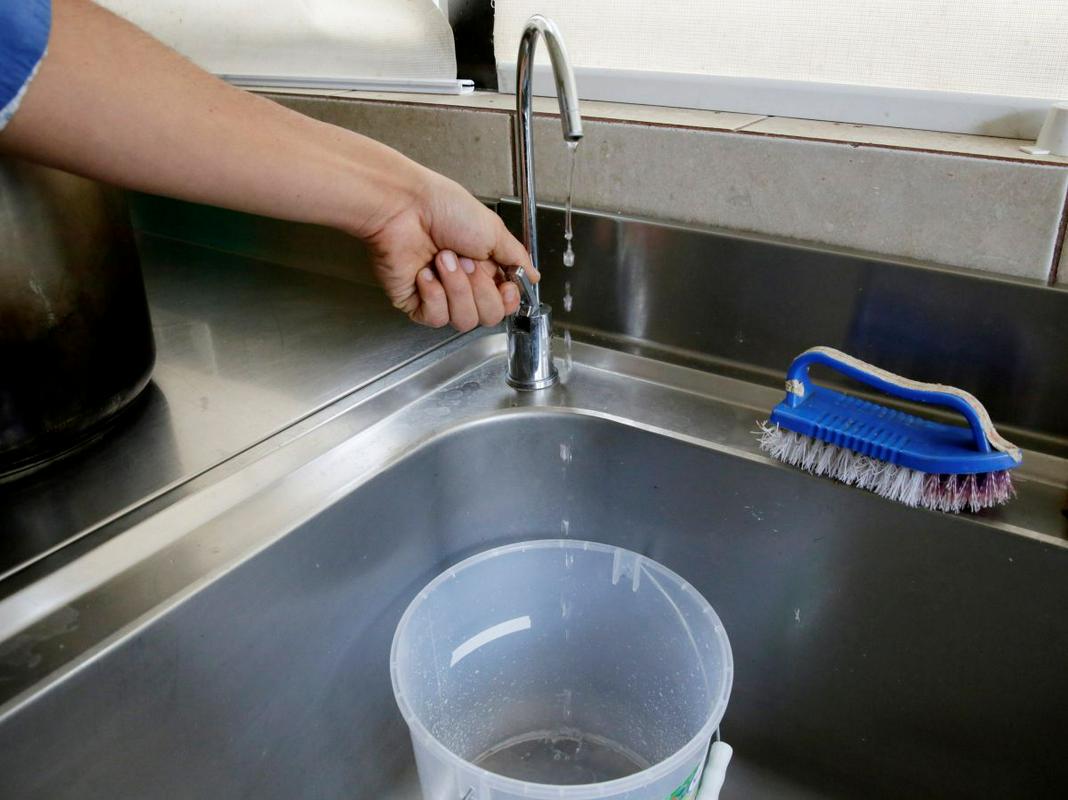
It's an often-ignored environmental issue: We use too many drugs because the world population is still growing, and because industrialized countries are aging. Mains water supplies in Slovenia contain low levels of drugs, but experts say we should be worried about the long-term effects of antimicrobials, especially antibiotics, and endocrine disruptors in our water supply.
According to a study conducted by the Ljubljana Faculty of Pharmacy on the presence of pharmaceuticals in sources of waste, fresh and drinking water, waste water in Slovenia regularly contains 30 (out of a total of 104) pharmaceuticals. Waste water treatment plants improve the quality of the water, and drinking water in Slovenia is still very good, says Jurij Trontelj. However, they did find traces of "antibiotics, but also painkillers, antihypertensive drugs, and caffeine".
Trontelj said that the use of antimicrobials in humans and poultry is a cause for concern, as they increase resistance to pathogens. "The presence of endocrine disruptors in our water supply is also worrying; however, due to limitations in our study, we didn't study them," added Trontelj.
Endocrine disruptors are commonly found in cleaning products and plastics, and even low levels of these toxins might be harmful. The Ljubljana water utility Vodovod-Kanalizacija has been testing drinking water for pesticides, drugs, hormones and other endocrine disruptors for a number of years. While they have detected traces of these elements, they don't believe there is cause for concern, says Brigita Jamnik: "We are aware that these pollutants could become a problem if the issue remains unaddressed."

































































